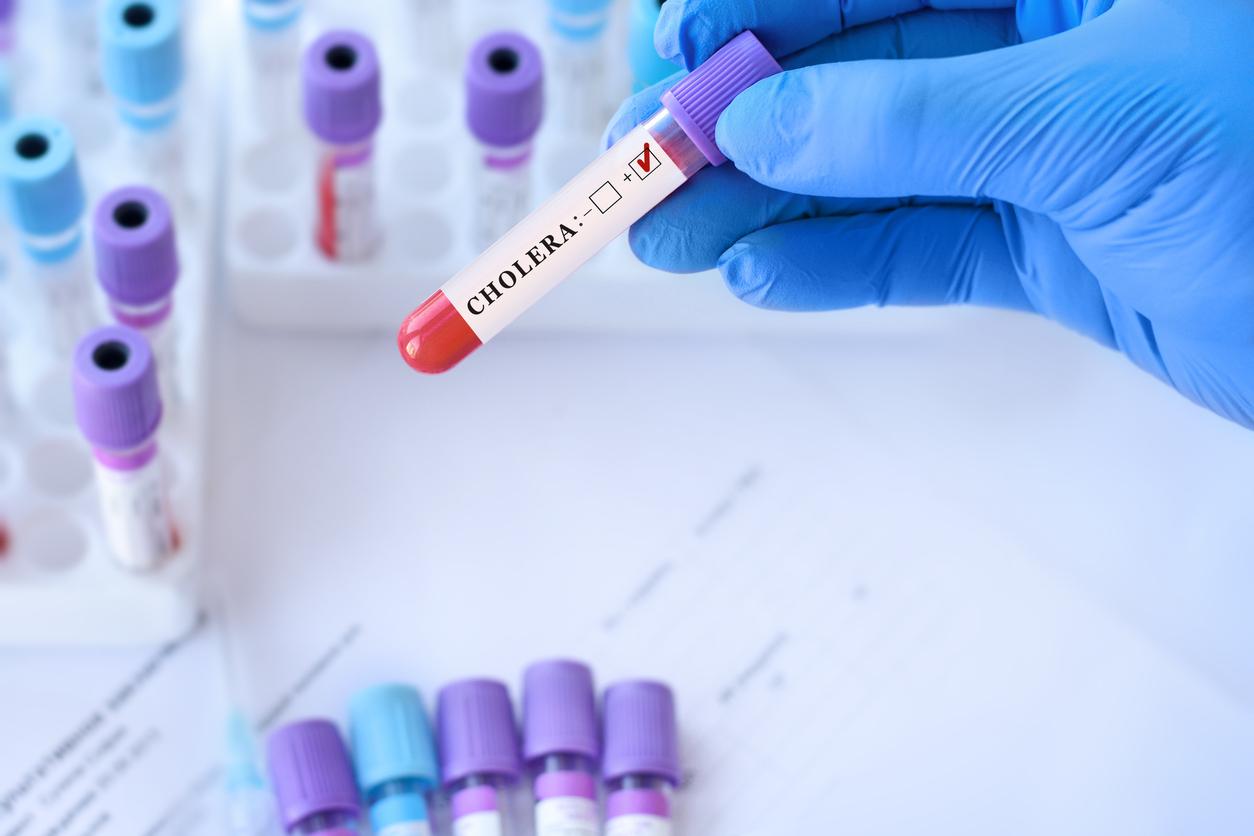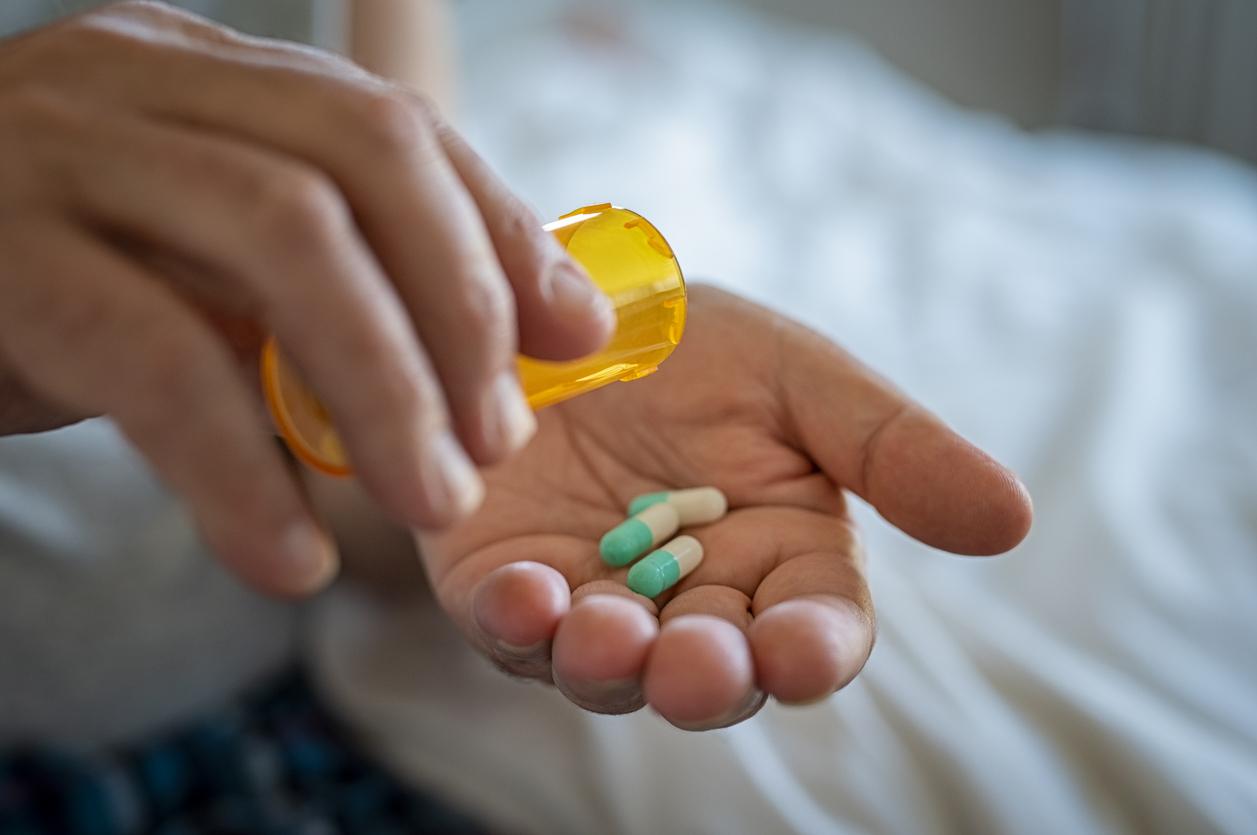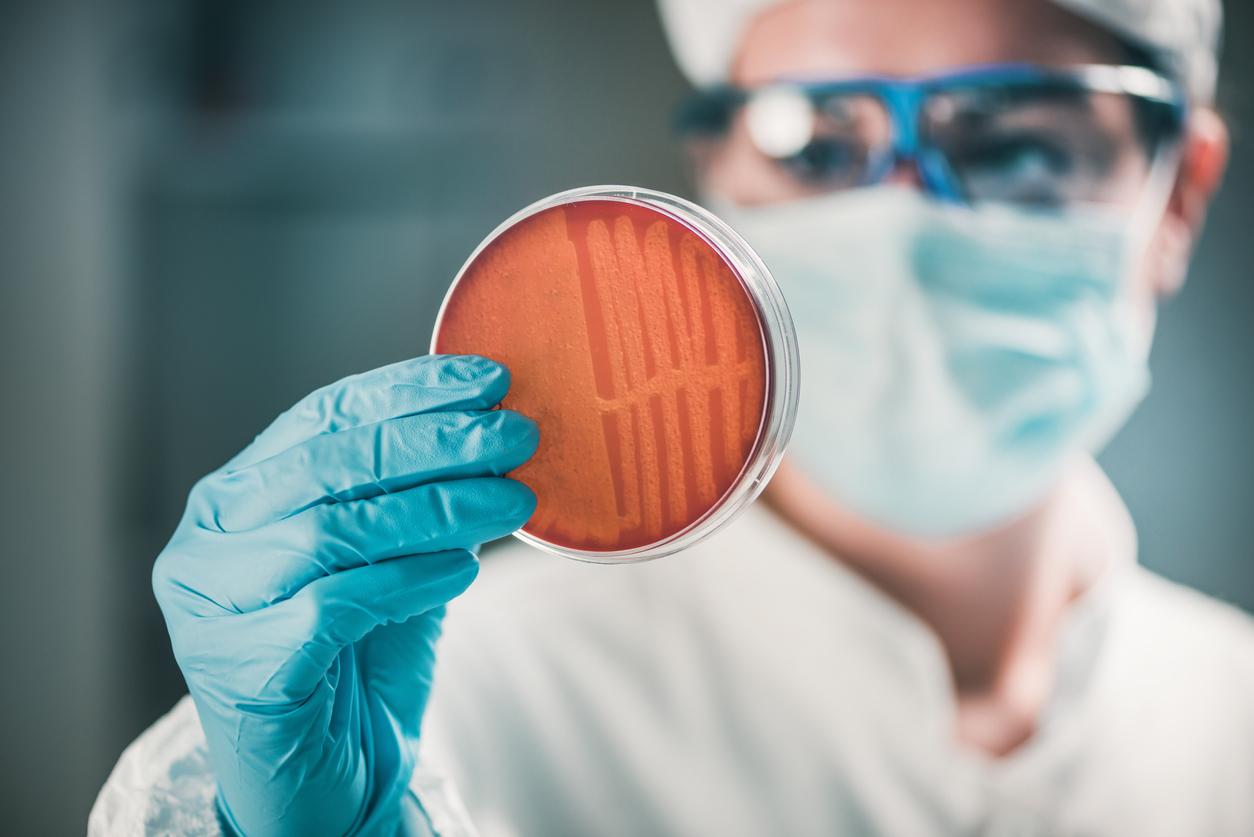A leader of the British health system wants to put in place sanctions against doctors who prescribe too many antibiotics.
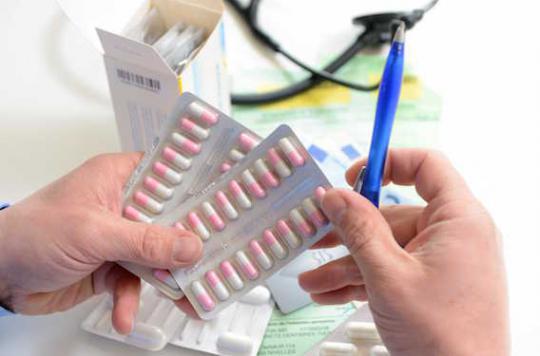
Punish general practitioners to fight against antibiotic resistance? In the United Kingdom, health institutions are thinking about it. Mark Baker, director of clinical practices at NICE (National Institute for Health and Care Excellence), launched a pavement in the pond on Tuesday, saying he is in favor of a system of disciplinary actions against large prescribers.
10 million undue prescriptions
In the line of sight: Doctors who offer antibiotics for minor infections. According to estimates from the NHS, the British health system, 10 million prescriptions for antibiotics are unnecessary (or a quarter of prescriptions for antibiotics), and are helping to make bacteria increasingly resistant to treatment. However, as Mark Baker reminds us, “the loss of effectiveness of antibiotics threatens the foundations of modern medicine”.
This position comes as Britain has just revised its recommendations on the use of antimicrobials. His new directives, determined by NICE, were published in August.
Doctors “good pear”
They target in particular “good pear” doctors (“soft-touch GP’s”), according to the expression used by Mark Baker to designate general practitioners who, under pressure from their patients, prescribe antibiotics to treat viral infections (common cold). , viral angina …) while these drugs are intended to fight bacterial diseases.
So, according to national data, nine out of ten doctors would be pressured by their patients to prescribe antibiotics. At the same time, 97% of patients who demand antibiotics achieve their goals.
To limit prescriptions, the new recommendations recommend that general practitioners (especially hospitals) have samples of these types of microbes analyzed before prescribing antibiotics, in order to confirm the cause of the infection. To reassure anxious and oppressive patients, they also suggest setting up deferred prescriptions, valid in the event of positive results in bacteriological analyzes.
“Most physicians prescribe intelligently and competently,” said Mark Baker. But a small number of practitioners are less disciplined. First, we have to identify them, then secondly, we have to put in place procedures to stop them ”.
Of course, the Royal College of General Practitioners (Royal College of GPs) has been very reluctant to this proposal to sanction practitioners. Contacted by the BBC, one of its members denounced a “counterproductive and useless” position.
Consumption on the rise in France
In England as elsewhere, antimicrobial resistance poses multiple problems. Thanks to a vast national campaign and to well-marked slogans (“antibiotics are not automatic!”), France succeeded in lowering its prescription rates… until 2010, when they started to rise again. Thus, between 2000 and 2013, the consumption of antibiotics increased down 10.7%, but it has increased by 5.9% over the past five years. France is still among the European countries most fond of antibiotics.
In order to reverse this trend, Marisol Touraine announced in November the establishment of a special working group on the preservation of antibiotics. Three objectives have been defined by the Minister of Health: find an economic model to support the emergence of new molecules, in order to consume less antibiotics; relaunch a new prevention program through communication, in particular aimed at the youngest; finally, encourage doctors, hospital practitioners and pharmacists to be more reasoned in the use of antibiotics. The use of sanctions was not mentioned.
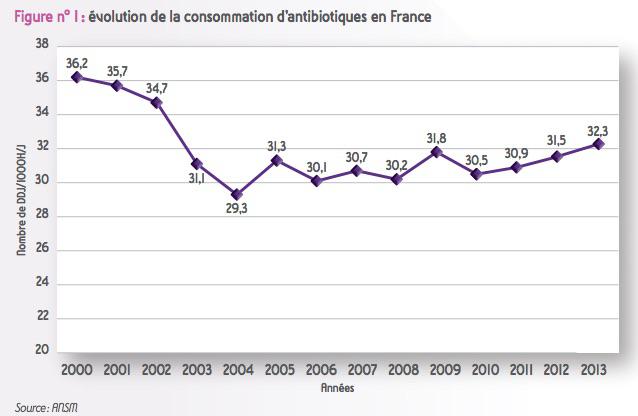
.












